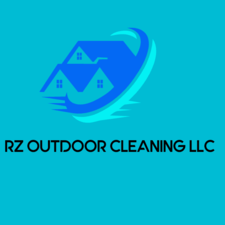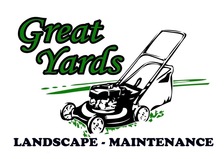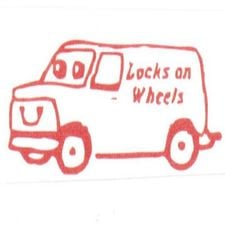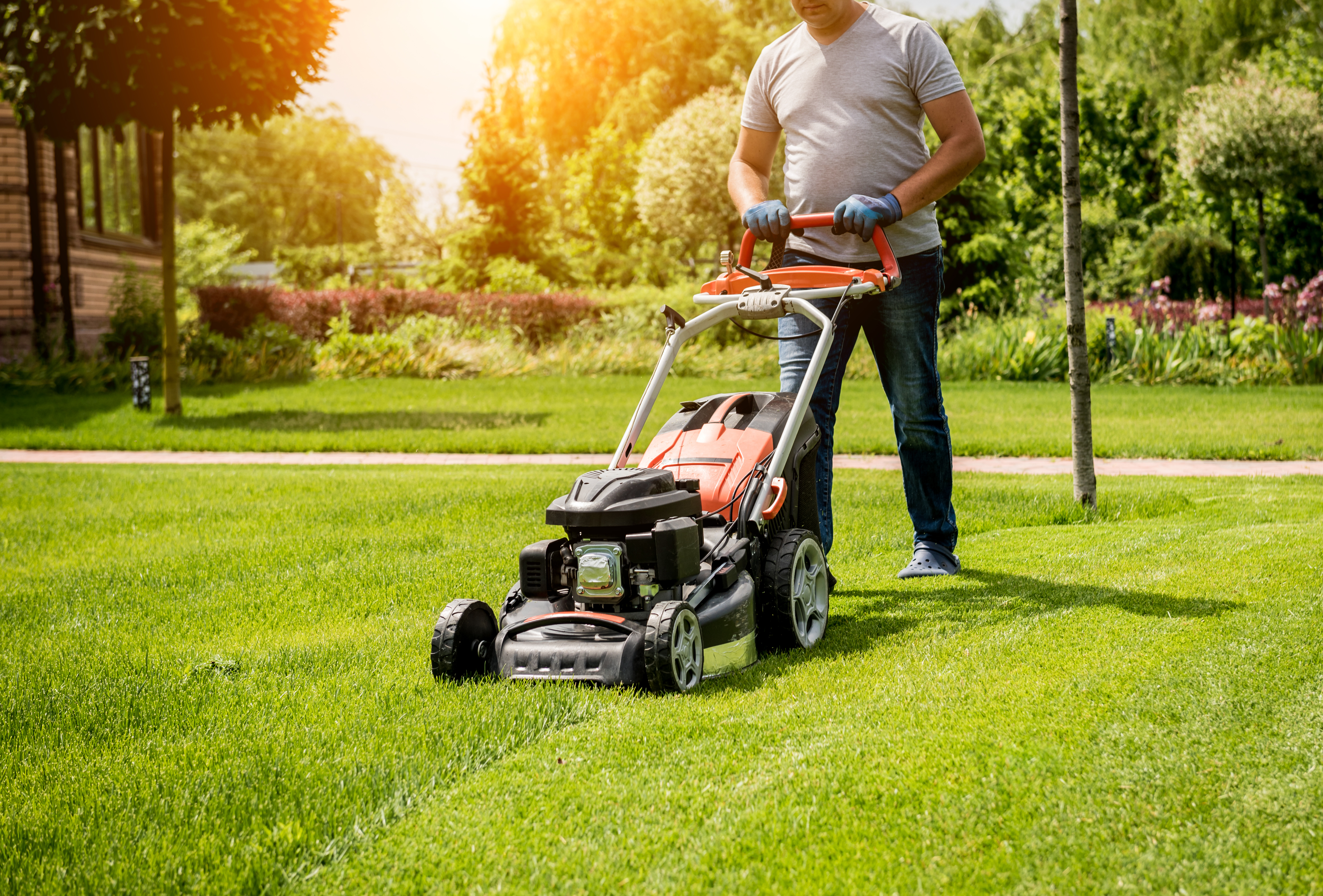
Get matched with top lawn care providers in Longview, WA
Enter your zip and get matched with up to 5 pros
Need a pro for your lawn service project in Longview, WA?
TRUSTED BY LONGVIEW, WA HOMEOWNERS
4.6
Average homeowner rating1.7k+
Verified lawn services reviews
Verified Reviews for Lawn Service pros in Longview, WA
*The Angi rating for Lawn Service companies in Longview, WA is a rating based on verified reviews from our community of homeowners who have used these pros to meet their Lawn Service needs.
*The HomeAdvisor rating for Lawn Service companies in Longview, WA is a rating based on verified reviews from our community of homeowners who have used these pros to meet their Lawn Service needs.
Last update on December 16, 2025
Find Lawn care providers in Longview
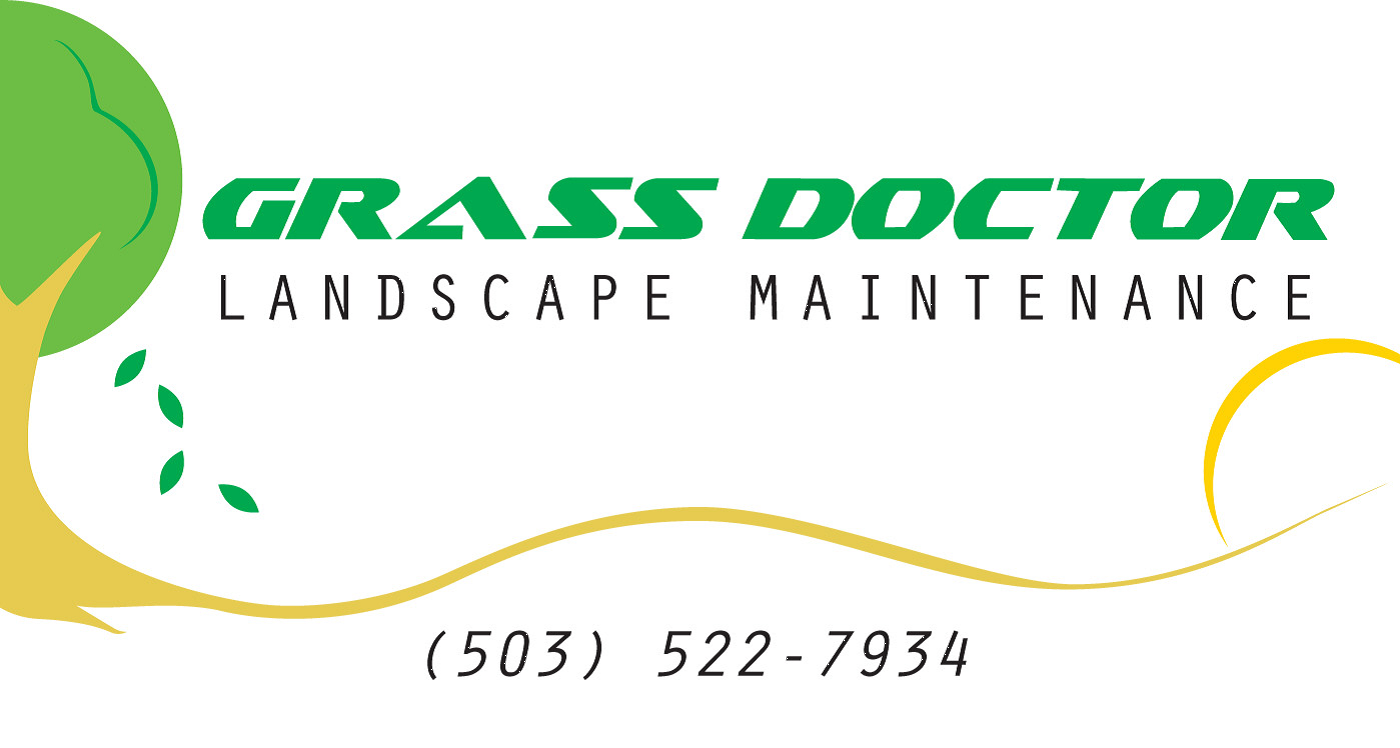
Grass Doctor
Grass Doctor
We specialize in commercial and residential landscape maintenance in and around the Portland and metro areas. We can provide weekly or bi weekly basic lawn service all the way to a comprehensive care package. Award winning.
"Always professional and personable. Reasonable prices and very punctual. We enjoy working with Juan and his crew."
Susan A on May 2019
We specialize in commercial and residential landscape maintenance in and around the Portland and metro areas. We can provide weekly or bi weekly basic lawn service all the way to a comprehensive care package. Award winning.
"Always professional and personable. Reasonable prices and very punctual. We enjoy working with Juan and his crew."
Susan A on May 2019
RR Landscaping
RR Landscaping
RR Landscaping is committed to excellence every aspect of our business. We uphold a standard of integrity bound by fairness, honesty, and personal responsibility. Our distinction is the quality of service we bring to our customers. Accurate knowledge of our trade combined with ability is what makes us true professionals. Above all, we are watchful of our customers' interests, and make their concerns the basis of our business. We look forward to earning your business! Call Today!
"He was on time and his crew did an excellent job"
COREY M on July 2025
RR Landscaping is committed to excellence every aspect of our business. We uphold a standard of integrity bound by fairness, honesty, and personal responsibility. Our distinction is the quality of service we bring to our customers. Accurate knowledge of our trade combined with ability is what makes us true professionals. Above all, we are watchful of our customers' interests, and make their concerns the basis of our business. We look forward to earning your business! Call Today!
"He was on time and his crew did an excellent job"
COREY M on July 2025
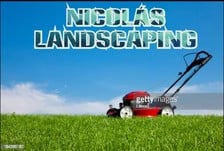
Nicolas Landscaping
Nicolas Landscaping
Here at Nicolas Landscaping, we pride our company on reliability, great communication, integrity, and quality work. We strongly believe in giving our absolute best in all of our projects no matter how big or small. We are experts in our trade and will always keep you educated on your particular task or project. We look forward to earning your business!
"Great Job, was able to change day and show up for an earlier date to get a quote. We decided on a reasonable price for the work that day and started work two days later. They stated the work could take 2 days but they finished in one day and got it all done. We were very happy with the final product. We will do services with them again."
Erin M on June 2021
Here at Nicolas Landscaping, we pride our company on reliability, great communication, integrity, and quality work. We strongly believe in giving our absolute best in all of our projects no matter how big or small. We are experts in our trade and will always keep you educated on your particular task or project. We look forward to earning your business!
"Great Job, was able to change day and show up for an earlier date to get a quote. We decided on a reasonable price for the work that day and started work two days later. They stated the work could take 2 days but they finished in one day and got it all done. We were very happy with the final product. We will do services with them again."
Erin M on June 2021
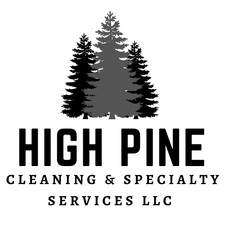
High Pine Cleaning & Specialty Services, LLC
High Pine Cleaning & Specialty Services, LLC
We are a locally owned and operated company that offers airbnb cleaning, interior cleaning, VLM carpet cleaning, post construction, and select landscaping. We pride ourselves on the quality of our work as well as our commitment to outstanding results. We look forward to building lasting relationships with our clients and guarantee your satisfaction! VRBO ready! highpinecleaning.com
"Fast professional work at a reasonable price. They even gave me money back because they over estimated the cost of mulch. Great company. Will use these guys again."
Fred M on July 2021
We are a locally owned and operated company that offers airbnb cleaning, interior cleaning, VLM carpet cleaning, post construction, and select landscaping. We pride ourselves on the quality of our work as well as our commitment to outstanding results. We look forward to building lasting relationships with our clients and guarantee your satisfaction! VRBO ready! highpinecleaning.com
"Fast professional work at a reasonable price. They even gave me money back because they over estimated the cost of mulch. Great company. Will use these guys again."
Fred M on July 2021
Magic Touch Landscaping & More
Magic Touch Landscaping & More
We take great pride in our experience, expertise, quality, and customer service that we provide to meet the consumer's needs. It is our mission to provide excellent workmanship and complete customer satisfaction from start to completion of a project. In order to understand the needs and expectations of our customers, we take great care to work and communicate with every customer in a professional manner. Our reputation is based on service, safety, and quality, regardless of how large or small the job.
"Very nice team. Arrived early and started right away. It was a very big job!!!!"
Heather D on November 2020
We take great pride in our experience, expertise, quality, and customer service that we provide to meet the consumer's needs. It is our mission to provide excellent workmanship and complete customer satisfaction from start to completion of a project. In order to understand the needs and expectations of our customers, we take great care to work and communicate with every customer in a professional manner. Our reputation is based on service, safety, and quality, regardless of how large or small the job.
"Very nice team. Arrived early and started right away. It was a very big job!!!!"
Heather D on November 2020

Evergreen NW Landscaping
Evergreen NW Landscaping
Evergreen NW Landscaping Transforming outdoor spaces across the PNW with expert landscaping, lawn care, and hardscaping. Locally owned, quality driven.
"They were fast, efficient, friendly and I am happy with the job they did and will definitely recommend them."
Judy S on November 2025
Evergreen NW Landscaping Transforming outdoor spaces across the PNW with expert landscaping, lawn care, and hardscaping. Locally owned, quality driven.
"They were fast, efficient, friendly and I am happy with the job they did and will definitely recommend them."
Judy S on November 2025
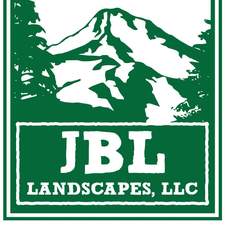
JBL Landscapes, LLC
JBL Landscapes, LLC
JBL Landscapes, LLC is committed to excellence in every aspect of our business. We uphold a standard of integrity bound by fairness, honesty, and personal responsibility. Our distinction is the quality of service we bring to our customers. Accurate knowledge of our trade combined with ability is what makes us true professionals. Above all, we are watchful of our customers' interests, and make their concerns the basis of our business.
"N/a"
Patti K on November 2023
JBL Landscapes, LLC is committed to excellence in every aspect of our business. We uphold a standard of integrity bound by fairness, honesty, and personal responsibility. Our distinction is the quality of service we bring to our customers. Accurate knowledge of our trade combined with ability is what makes us true professionals. Above all, we are watchful of our customers' interests, and make their concerns the basis of our business.
"N/a"
Patti K on November 2023
Ladyboss360
Ladyboss360
Hi I am Julie I'm a hard worker motivated and driven to succeed ,I have morals ,integrity and am proud of who I am ,I believe your work shows a reflection of yourself .
Hi I am Julie I'm a hard worker motivated and driven to succeed ,I have morals ,integrity and am proud of who I am ,I believe your work shows a reflection of yourself .
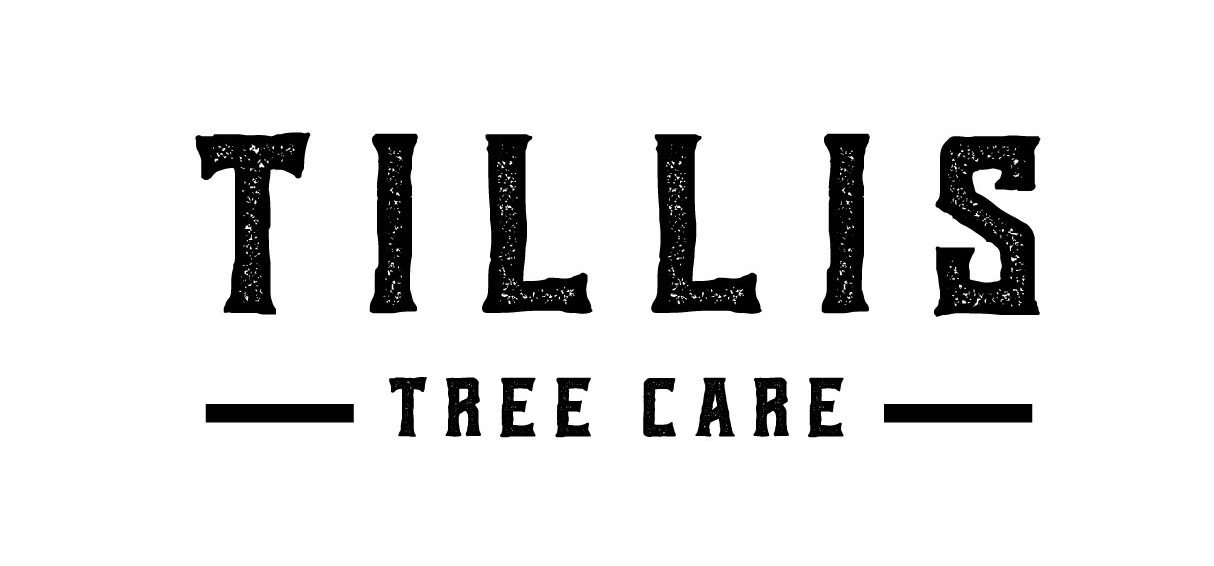
Tillis Tree Care
Tillis Tree Care
We're here to keep Portland green; especially, when it comes to your urban forest. Tillis Tree Care's certified arborist and plant care specialist will walk you through any and all concerns. You can count on us to advocate for the health of your plant life, as well as the needs of your property. Tillis Tree Care provides expert tree and shrub evaluations to address any present or future plant healthcare needs with services such as: pruning, fertilization, consultations, insect and disease control, and removals - all arborists are ISA Certified and on-site for all jobs.
"It works Ok."
Bob W on May 2020
We're here to keep Portland green; especially, when it comes to your urban forest. Tillis Tree Care's certified arborist and plant care specialist will walk you through any and all concerns. You can count on us to advocate for the health of your plant life, as well as the needs of your property. Tillis Tree Care provides expert tree and shrub evaluations to address any present or future plant healthcare needs with services such as: pruning, fertilization, consultations, insect and disease control, and removals - all arborists are ISA Certified and on-site for all jobs.
"It works Ok."
Bob W on May 2020
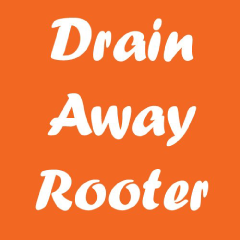
DRAIN AWAY ROOTER
DRAIN AWAY ROOTER
Our Mission is to provide you with the highest quality of customer service, with integrity and professionalism. With over 20 years of experience, our Portland plumbing company’s reputation has been built on excellent service and quality work, you’re sure to get the best care. All vans are fully equipped with state of the art equipment necessary to perform a professional and reliable service. CCB LICENSE #156356.
"Service was off the chart. Got a clog then don't hesitate to call Drain Away. Jake and Shane where amazing and professional. I'LL say it again. Incredible customer service!"
Stephen P on November 2021
Our Mission is to provide you with the highest quality of customer service, with integrity and professionalism. With over 20 years of experience, our Portland plumbing company’s reputation has been built on excellent service and quality work, you’re sure to get the best care. All vans are fully equipped with state of the art equipment necessary to perform a professional and reliable service. CCB LICENSE #156356.
"Service was off the chart. Got a clog then don't hesitate to call Drain Away. Jake and Shane where amazing and professional. I'LL say it again. Incredible customer service!"
Stephen P on November 2021
FAQs for lawn service projects in Longview, WA
Depending on the areas that a lawn care company specializes in, most companies offer a core set of services that usually include:
Mowing
Mulch
Tree trimming and pruning
Pest control
Landscaping
Leaf removal
Spring and fall cleanup
Shrub trimming and pruning
Check with local lawn care companies to confirm that they offer the services you’re looking for.
The average cost to mow a lawn is about $125, ranging between $50 and $200 per cutting, depending on yard size. Other cost factors include the shape of your lawn, accessibility, lawn health, type of grass, length of grass, and frequency of the mowing schedule. The cost to cut your grass will also vary depending on where you live. If your landscaper has to maneuver around obstacles or deal with hard to reach areas and steep slopes, this will likely increase your total mowing costs.
The recommended frequency to fertilize your lawn depends on the health of your lawn. If the grass is healthy and you have good soil, you may only need to apply fertilizer once yearly. However, if your lawn has shallow roots or poor, sandy soil that lacks the nutrients that grass needs to thrive, you may need to fertilize the lawn every six weeks.
On average, the cost to hydroseed ranges between $500 and $4,000. The cost depends on the size of the area you’re hydroseeding, the type of grass seed, slope of your yard, and other factors. Hydroseed is a mixture of grass seed, fertilizer, water, and mulch that you spray on the lawn using a pressurized sprayer. While the process is more expensive than seeding, grass will grow more quickly, and is often healthier.
Yes, it can be cheaper to fertilize your own lawn. DIY lawn fertilization saves the cost of hiring a lawn care company or a company that specializes in lawn fertilization. It’s important to handle fertilizer carefully to avoid the potential dangers of getting fertilizing chemicals on your skin. Also, using the wrong type of fertilizer or misapplying it can permanently damage your lawn. On average, the cost to fertilize your lawn using a professional lawn care service is about $250 and may be worth checking into as professionals tend to have the equipment and knowledge to apply the most effective blend of fertilizer to your lawn for the best results.
The Longview, WA homeowners’ guide to lawn services
From average costs to expert advice, get all the answers you need to get your job done.

Your total lawn care cost depends on several factors, including the type of service and lawn size. Our guide will cover what you can expect to pay for lawn care.

The cost to renovate your lawn depends on the extent of the damage. Our guide will show you how much lawn renovation costs.

How much it costs to rent a lawn aerator depends on what kind you rent and how long you rent it for. Read on for the full details.
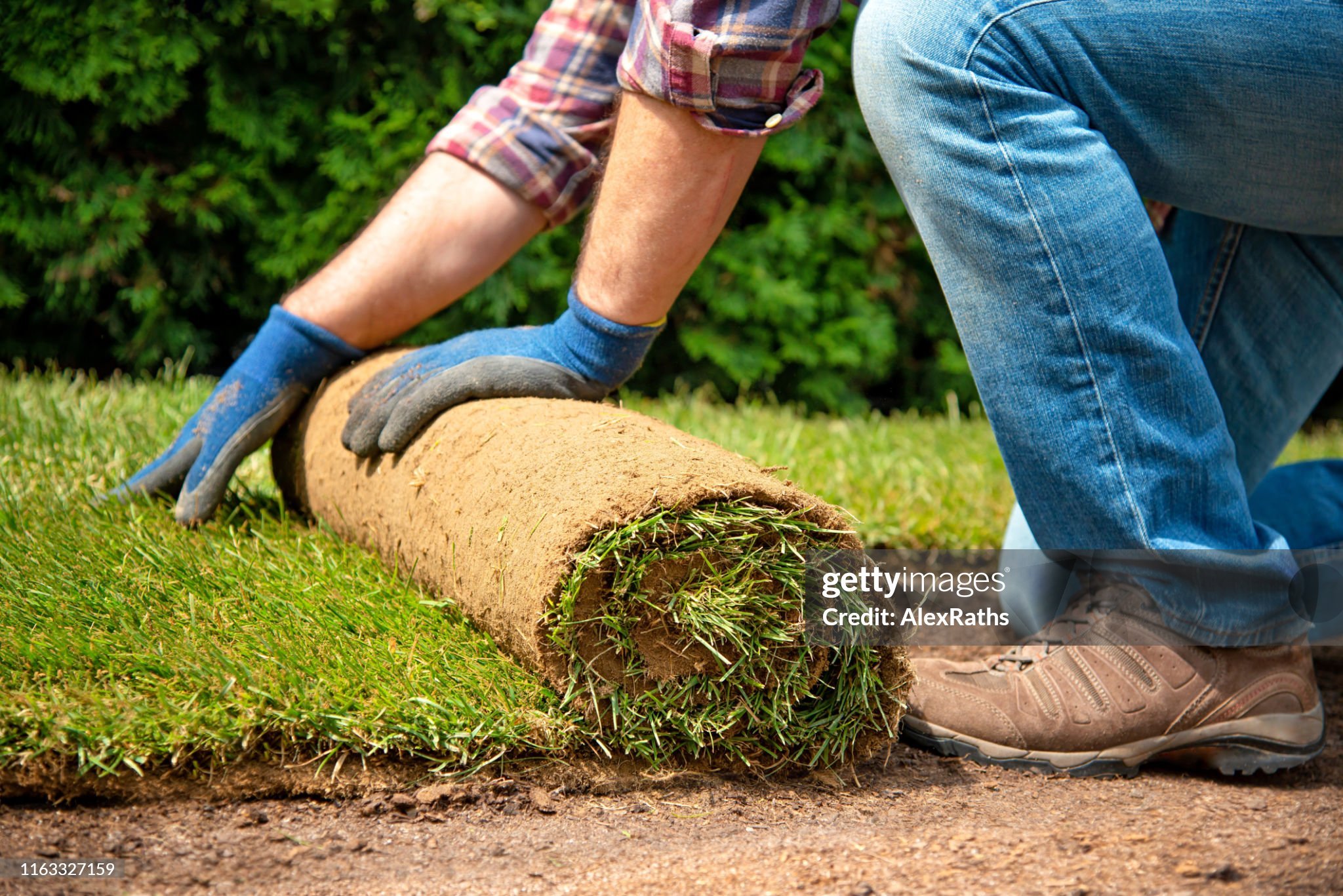
This calculator will help you estimate how much wood flooring you’ll need to purchase for your home so that you can start budgeting.
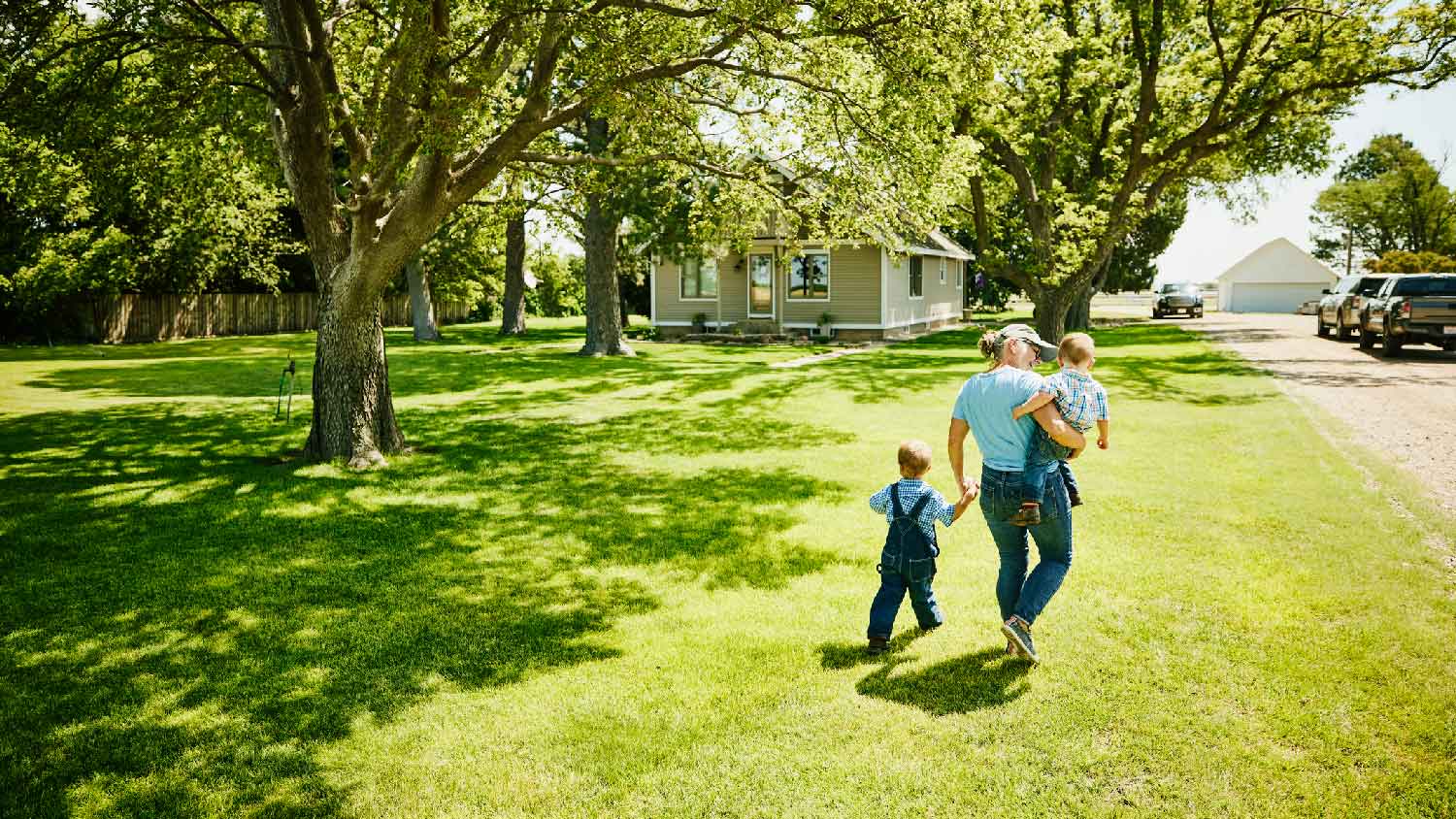
Why is my yard so soft and soggy? Use this helpful guide to diagnose the issue and implement a solution that will restore your yard’s health.

When it comes to weighing the pros and cons of sod vs. seed, there’s a lot to consider. See how they stack up and which is the best choice for your yard.
- Kelso, WA Lawn care providers
- Rainier, OR Lawn care providers
- Castle Rock, WA Lawn care providers
- Kalama, WA Lawn care providers
- Clatskanie, OR Lawn care providers
- Birkenfeld, OR Lawn care providers
- Vader, WA Lawn care providers
- Cathlamet, WA Lawn care providers
- Toutle, WA Lawn care providers
- Columbia City, OR Lawn care providers
- Saint Helens, OR Lawn care providers
- Woodland, WA Lawn care providers
- Toledo, WA Lawn care providers
- Vernonia, OR Lawn care providers
- Warren, OR Lawn care providers
- Winlock, WA Lawn care providers
- La Center, WA Lawn care providers
- Scappoose, OR Lawn care providers
- Ariel, WA Lawn care providers
- Ethel, WA Lawn care providers
- Ridgefield, WA Lawn care providers
- Amboy, WA Lawn care providers
- Napavine, WA Lawn care providers
- Pe Ell, WA Lawn care providers
- Adna, WA Lawn care providers
- Silver Creek, WA Lawn care providers
- Onalaska, WA Lawn care providers
- Chehalis, WA Lawn care providers
- Yacolt, WA Lawn care providers
- Mossyrock, WA Lawn care providers
